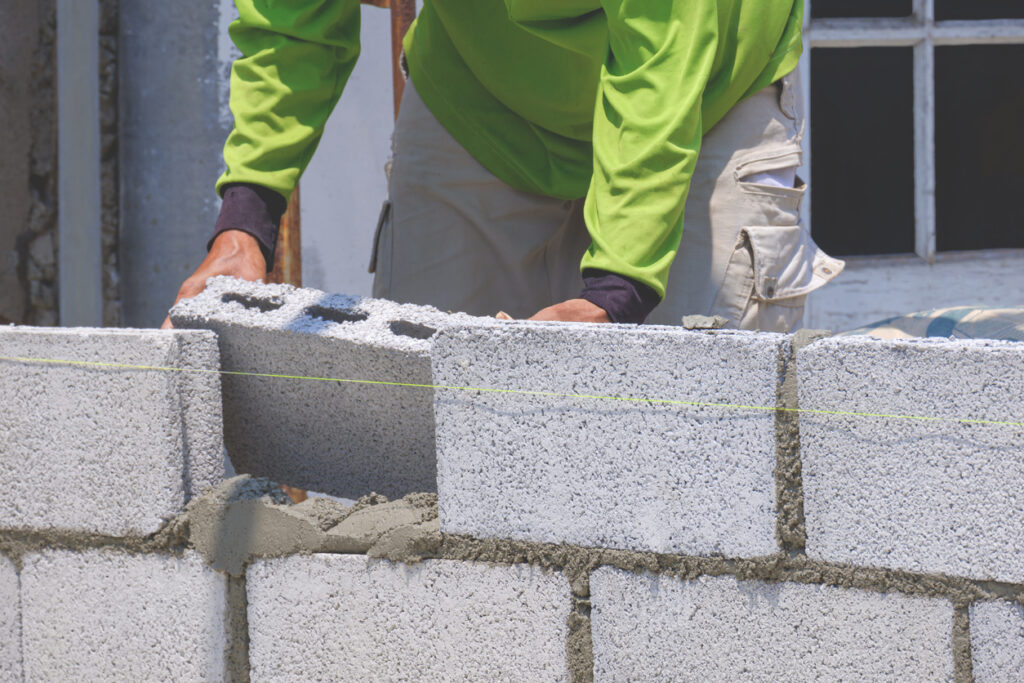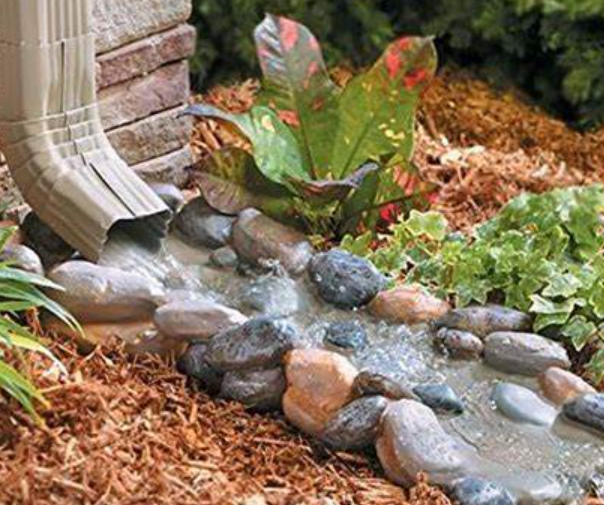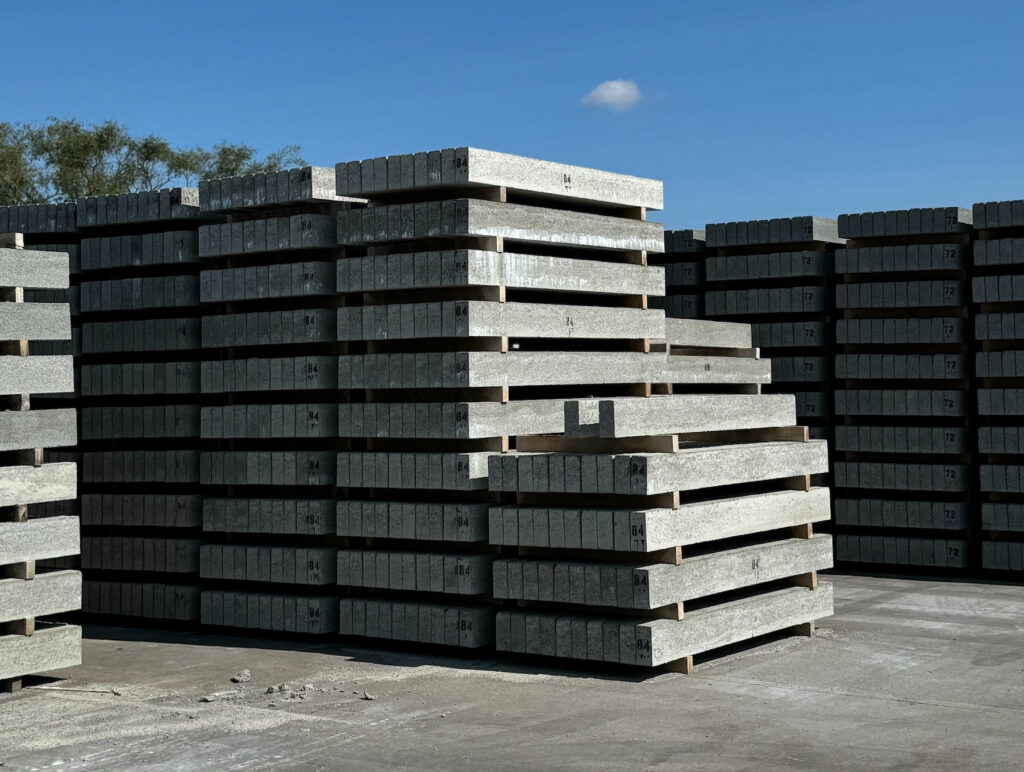Debunking 9 Common Myths About Concrete Construction
The world of concrete construction is vast and varied, but like many industries, it’s shrouded in myths and misconceptions. As we pave our path into modern construction practices, it’s essential to separate fact from fiction. Here, we’ll be debunking several myths that have, for too long, been seen as truths.
- Concrete and Cement Are the Same
This is one of the most prevalent misconceptions. While cement is a component of concrete, they aren’t the same. Concrete is a mixture of water, aggregate (like sand and gravel), and cement. Cement merely acts as a binding agent in concrete.
- Concrete Only Comes in Gray
Thanks to popular portrayals, most people imagine concrete as a dull gray material. However, with today’s technology and techniques, concrete can be colored, stamped, and textured to fit a plethora of design preferences.
- Concrete Doesn’t Need Maintenance
While concrete is exceptionally durable, saying it’s maintenance-free is a stretch. Regular cleaning, sealing, and occasional crack repair can extend the life of concrete installations, ensuring they look good and function well for years.
- Concrete Can’t Be Eco-friendly
Contrary to popular belief, concrete construction can be sustainable. Methods like using recycled materials or fly ash in the mix and optimizing energy use during production make concrete a greener choice than many give it credit for. Dive deeper on concrete sustainability.
- Concrete Takes Forever to Set
This myth likely originates from the advice to keep concrete moist during the curing process. While it’s true that concrete strengthens over time (often achieving its full strength after about 28 days), it can often be walked on or bear weight in as little as 12-24 hours post-pouring.
- Concrete Cracks Are Always Due to Poor Workmanship
Cracking is a natural phenomenon in many concrete installations. While poor workmanship can be a cause, other factors like ground movement, temperature fluctuations, and shrinkage can also lead to cracks. It’s essential to understand the cause of the crack before attributing blame.
- Concrete Is Impervious
Though concrete seems solid, it’s somewhat porous. This means it can absorb moisture, making sealants crucial, especially in installations where moisture or stain resistance is vital.
- Thicker Concrete Is Always Better
Thickness is essential, but it should match the project’s requirements. Overly thick concrete might be overkill for certain applications and could lead to unnecessary costs and complications.
- Winter Is a Bad Time for Concrete Work
Many believe that concrete can’t be poured in cold weather. While extreme cold can pose challenges, with the right precautions like using hot water in the mix or insulating the curing concrete, winter construction can be just as effective.
Setting the Record Straight
As with many industries, misinformation can lead to misunderstandings, leading to costly mistakes or missed opportunities. In the realm of concrete construction, recognizing these myths and having the knowledge to counter them is the cornerstone of a successful project.
As we move forward, continually updating our knowledge base and seeking truth over tales ensures that our concrete structures stand not just on solid ground, but also on a foundation of genuine understanding.

Outside SalesDavid Shifflett
Latest News

How Long Does Type S Mortar Take To Cure?
Like all mortars, Type S mortar requires careful attention during the curing process to reach its full strength. This isn’t […]

Decorative Downspout Splash Block Ideas For A Stylish Exterior
Creating a stylish exterior involves paying attention to the smallest details, and downspout splash blocks can make a surprising difference. […]

A Stormwater Compromise to Nowhere
I went to visit my grandmother at her new apartment and drove past an atrocity of a stormwater/transportation compromise. It […]

Choosing The Right Size: Your Essential Concrete Lintel Size Guide
Choosing the right size for a concrete lintel is a critical decision that can significantly impact the structural integrity of […]
